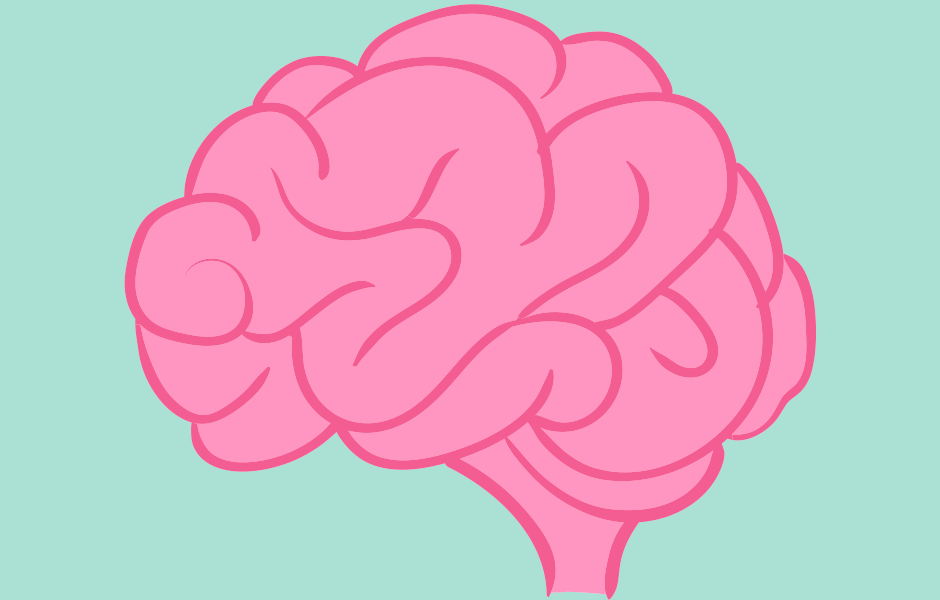Words by Isabel O’Brien
Neuralink, Elon Musk’s brain chip company, is preparing for the first clinical trial of its implant technology. Now named ‘Telepathy’, the company is looking to enroll three patients in a trial that will take several years to complete, according to new details on the US government’s clinical trials database.
The revolutionary implant is designed to give paralysed patients the ability to use digital devices just by thinking. Known as a brain-computer interface, or BCI, the device picks up movement signals in the brain and translates them into computer commands. To be eligible for the trial, patients must have had limited mobility without improvement for at least one year and have a life expectancy of at least 12 months.
Although the study has not yet started, it has already raised eyebrows in the life sciences sector due to the very limited details of the trial that have been released. While the size of the trial is now known, it is still unclear where participants will be implanted or a firm completion date.
The trial is classified by the FDA as a ‘first-in-human’ or ‘early feasibility’ study, which means it is exempt from releasing such details. However, the US agency generally likes companies to release information about their trials to build public trust and honour the patients who take part, Reuters reports.
Rather than determining safety and efficacy, an early feasibility study is more akin to a proof of concept, with the results potentially guiding later modifications to the device. Given Musk’s reputation, the trial is likely to be closely watched, with other previous attempts to use the technology receiving far less publicity.
The first experiment with BCI technology took place in 2004, but no device has yet been commercialised for widespread public use. Other companies are also investigating how the technology could help people with paralysis, mental disorders and even blindness – all hoping to bring new hope to patients with unmet needs.









